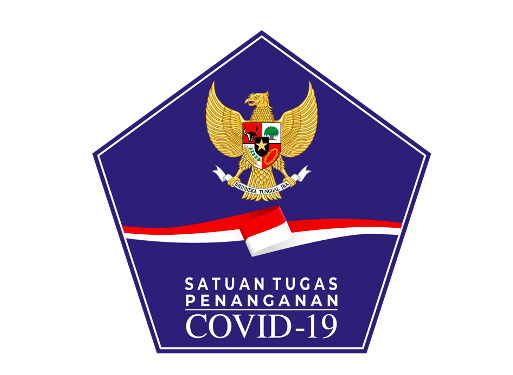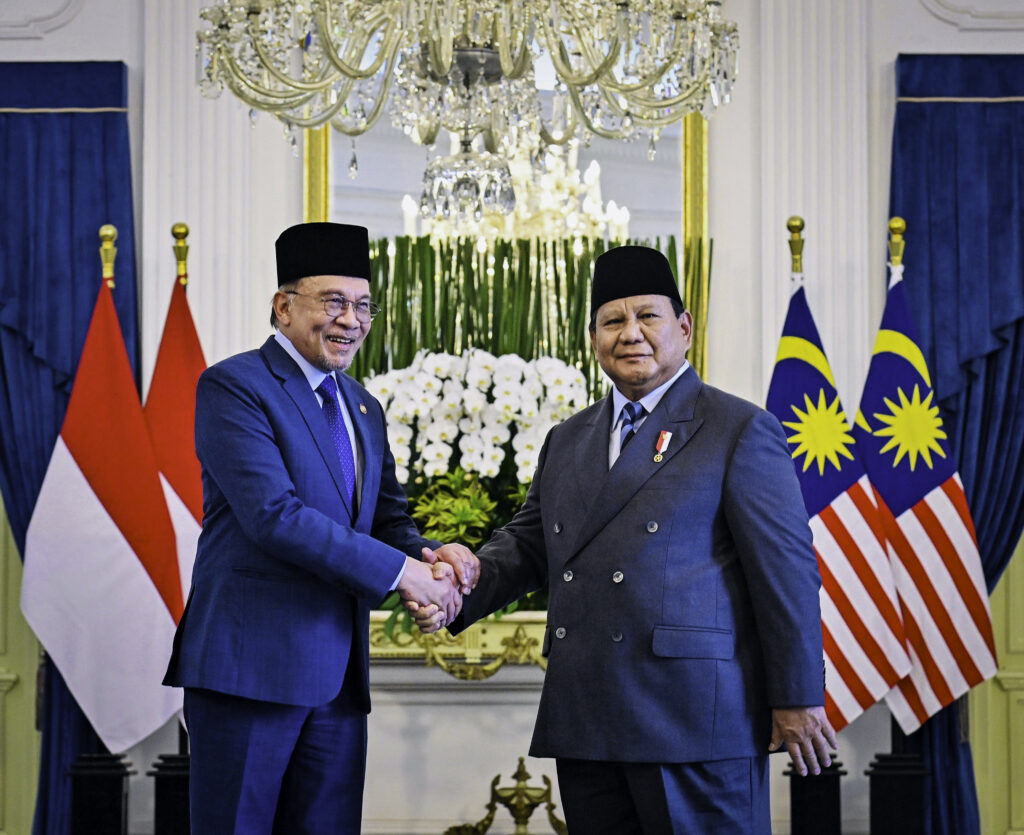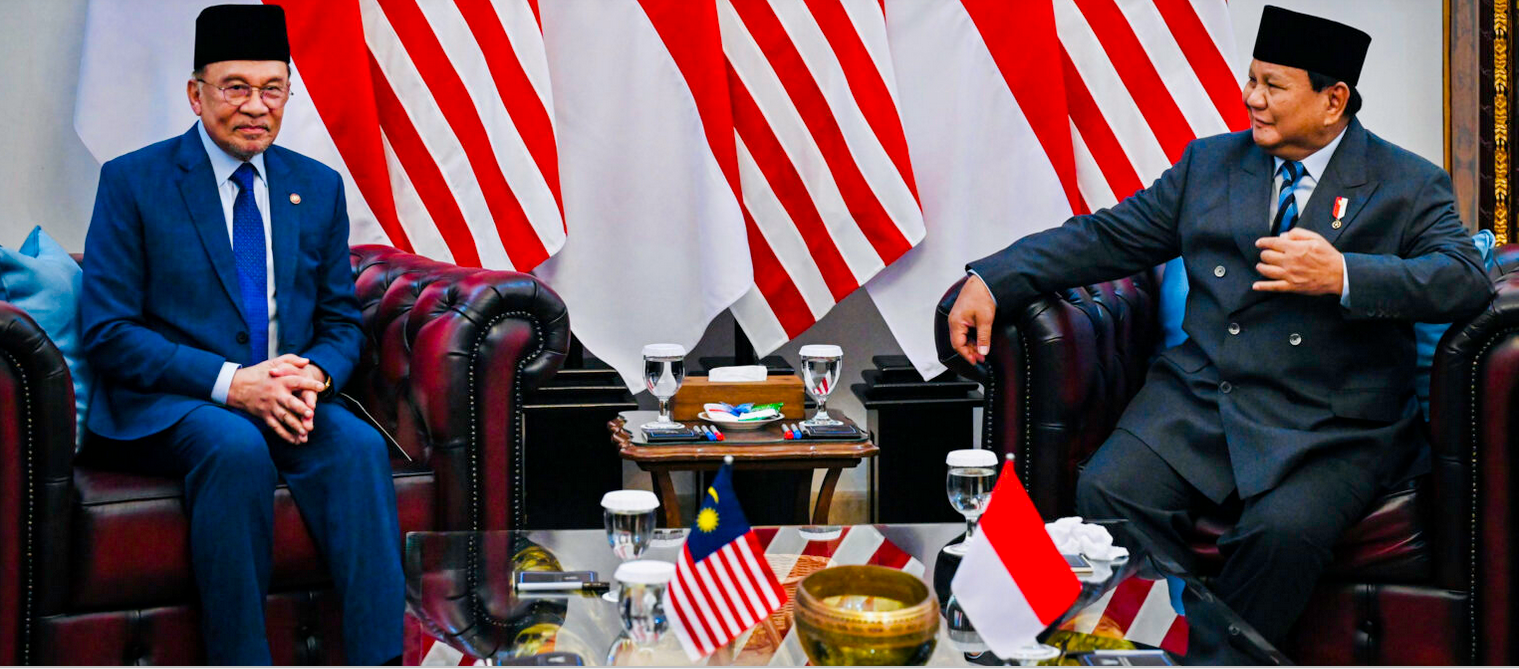COVID-19 Task Force: Regional Elections Should not Become New COVID-19 Sources

The simultaneous regional elections (Pilkada) should not become new sources of COVID-19 transmission, Spokesperson of the National COVID-19 Task Force Wiku Adisasmito has said.
“In the current situation amid COVID-19 pandemic, the regional head elections cannot be carried out normally,” Wiku said in a press statement on the development of COVID-19 handling aired on the National Disaster Mitigation Agency (BNPB) YouTube channel, Graha BNPB, Jakarta, Thursday (3/12).
Ahead of the regional elections during the pandemic, Wiku mentioned four important things:
First, voters must be aware of the important role of regional heads in curbing COVID-19 in their respective regions.
“Vote a leader who complies with health protocols during campaigns for the elections since it can reflect their future leadership role,” Wiku said.
This year’s elections, he added, will determine the direction of health resilience and regional recovery amid the pandemic.
“I hope the community can use their voting rights to vote a leader who is responsible and competent as well as committed to lead the region in the midst of pandemic,” he said.
Second, Wiku asked the public to constantly comply with health protocols during the 2020 regional elections and prevent the elections to become new cluster of infection.
“The elections can be safely implemented if all parties uphold discipline in following health protocols and directions set by the General Elections Commission (KPU),” Wiku said.
Third, he urged the election candidates to make good use of the remaining campaign period and encourage the importance of safe elections.
“Do adhere to health protocols during the campaigns. Be responsible and do not carry out campaign activities that attract large crowds,” he added.
Fourth, he also asked the Election Supervisory Agency (Bawaslu) in regions to impose sanctions for candidates violating health protocols.
“Do coordinate with the COVID-19 Task Force in the regions to disperse campaign activities that cause crowds,” he said, adding that the KPU has taken preventive measures to stop further COVID-19 spread ahead of regional elections.
“The KPU has formulated health protocol regulations that must be obeyed by election organizers, namely conducting COVID-19 test before officers carry out their duties at polling stations (TPS) and ensure that officers are healthy and tested negative for COVID-19,” Wiku stated.
For the record, hand-sanitizers and a place to wash hands will be provided. The election voters must also wear masks, keep a safe distance, as well as attend the elections in certain sections to avoid crowds.
“Check voters’ body temperature before entering the polling station to make sure the voters are in a good health condition and perform simulations under the supervision of the Task Force,” he said.
Based on the data from ‘Our World in Data’ and research by ‘The Council on Foreign Relations’, Wiku said that the results showed that a few countries holding elections did not record a significant increase in COVID-19 active cases.
Those countries namely Croatia, the Dominican Republic, Malawi, North Macedonia, South Korea, and Trinidad and Tobago in the Caribbean archipelago.
However, Wiku said that other countries such as Belarus, Poland, Serbia, and Singapore showed an increased number of COVID-19 after their elections. The rise in active cases caused by further post-election demonstrations in Belarus, violations of socio-economic activities in Singapore and Poland, as well as unreported cases in Serbia after the election, resulting in an increase after the process of updated-data recording and reporting.
“We must create safe and COVID-19 free regional elections. Let us work hand in hand in providing our best to prevent the spread of COVID-19 in Indonesia,” he concluded. (KPCPEN Communication Team/UN) (RIF/LW)








